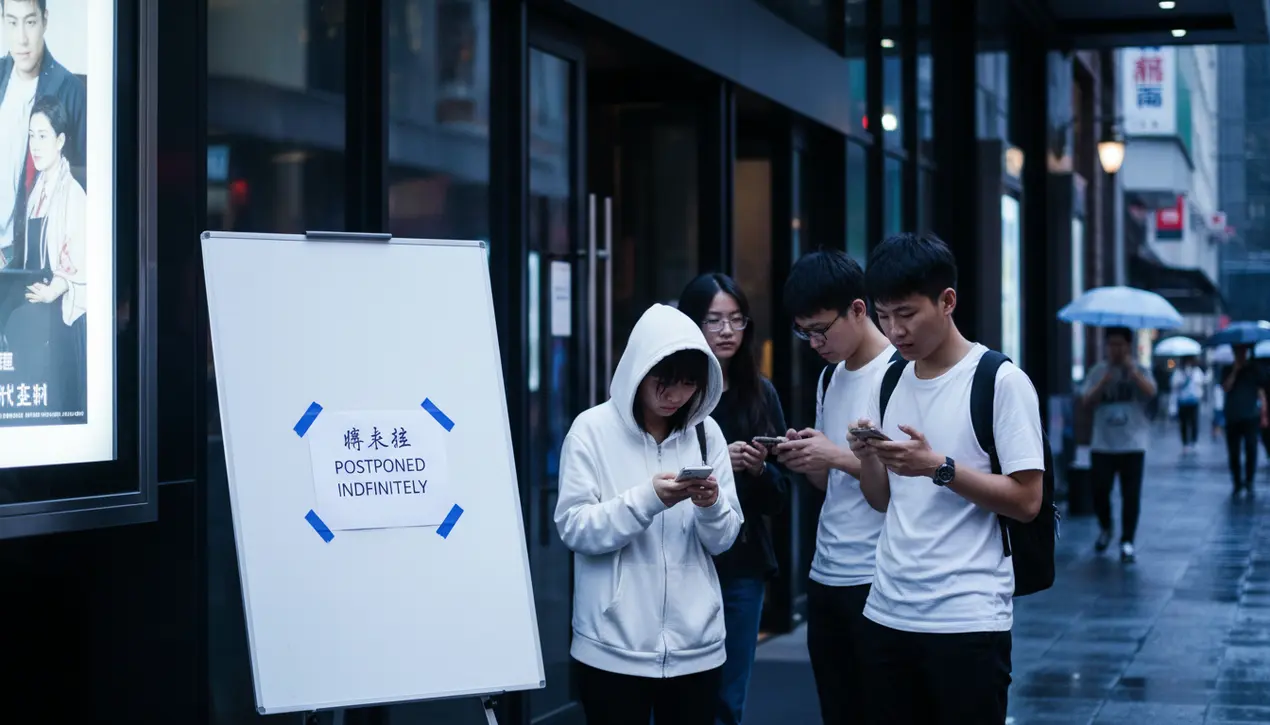
Entertainmentbox office
Chinese Fans Concerned Over Japanese Film Release Delays.
AM
Amanda Lewis
2 hours ago7 min read
The indefinite postponement of the Japanese live-action comedy 'Cells at Work!' and the animated feature 'Crayon Shinchan the Movie: Super Hot! The Spicy Kasukabe Dancers' from their scheduled Chinese releases has sent a palpable ripple of concern through dedicated fan communities, a development that feels less like a simple scheduling hiccup and more like a familiar, disquieting plot point in the long-running geopolitical drama between Beijing and Tokyo. For the uninitiated, 'Cells at Work!' is a brilliantly absurdist piece of pop-culture allegory, translating the chaotic inner workings of a human body into a bustling city where red blood cells are plucky delivery workers and white blood cells are fierce, pathogen-fighting defenders—a concept that found massive success in its manga and anime iterations, building a fervent Chinese fanbase eager to see its slapstick, live-action adaptation on the big screen.Similarly, the perennial 'Crayon Shinchan' franchise, with its subversive humor centered on a mischievous kindergarten, has been a staple of East Asian animation for decades, its delayed December release leaving a void in the family entertainment slate. This is not an isolated incident but rather the latest scene in a recurring cinematic narrative; one need only recall the 2019 saga surrounding the Japanese anime 'Children of the Sea,' which was abruptly pulled from Chinese theaters after only a single day of screenings, or the more recent, politically-charged delays for films like the Taiwanese romance 'Marry My Dead Body,' to understand that the Chinese box office is often a barometer for diplomatic winds.The State Administration of Radio, Film, and Television (SARFT) rarely provides explicit reasons for such holdups, leaving industry analysts and fans to read the tea leaves—could it be lingering sensitivities over historical animosities flaring up once more, or perhaps a subtle form of economic statecraft amid broader trade tensions? The timing is particularly poignant, coming just as cultural exchanges were tentatively thawing post-pandemic. From a critic's perspective, the true tragedy lies in the stifling of artistic dialogue; these films, while comedic on the surface, are profound cultural exports that offer a window into Japanese societal norms and humor, and their blockage denies Chinese audiences a shared experience in our globalized media landscape.The consequence is a chilling effect on distributors, who may grow increasingly wary of investing in Japanese content, thereby narrowing the cinematic diversity available to the public. Ultimately, while fans lament on social media, the delayed reels of 'Cells at Work!' sit in limbo, a silent testament to the fact that in the theater of international relations, art is often the first casualty, its release date held hostage by forces far beyond the cinema walls.
#lead focus news
#Japan-China relations
#film delays
#cultural exchange
#Cells at Work
#Crayon Shinchan
#entertainment industry
Stay Informed. Act Smarter.
Get weekly highlights, major headlines, and expert insights — then put your knowledge to work in our live prediction markets.
Related News
Comments
Loading comments...
© 2025 Outpoll Service LTD. All rights reserved.